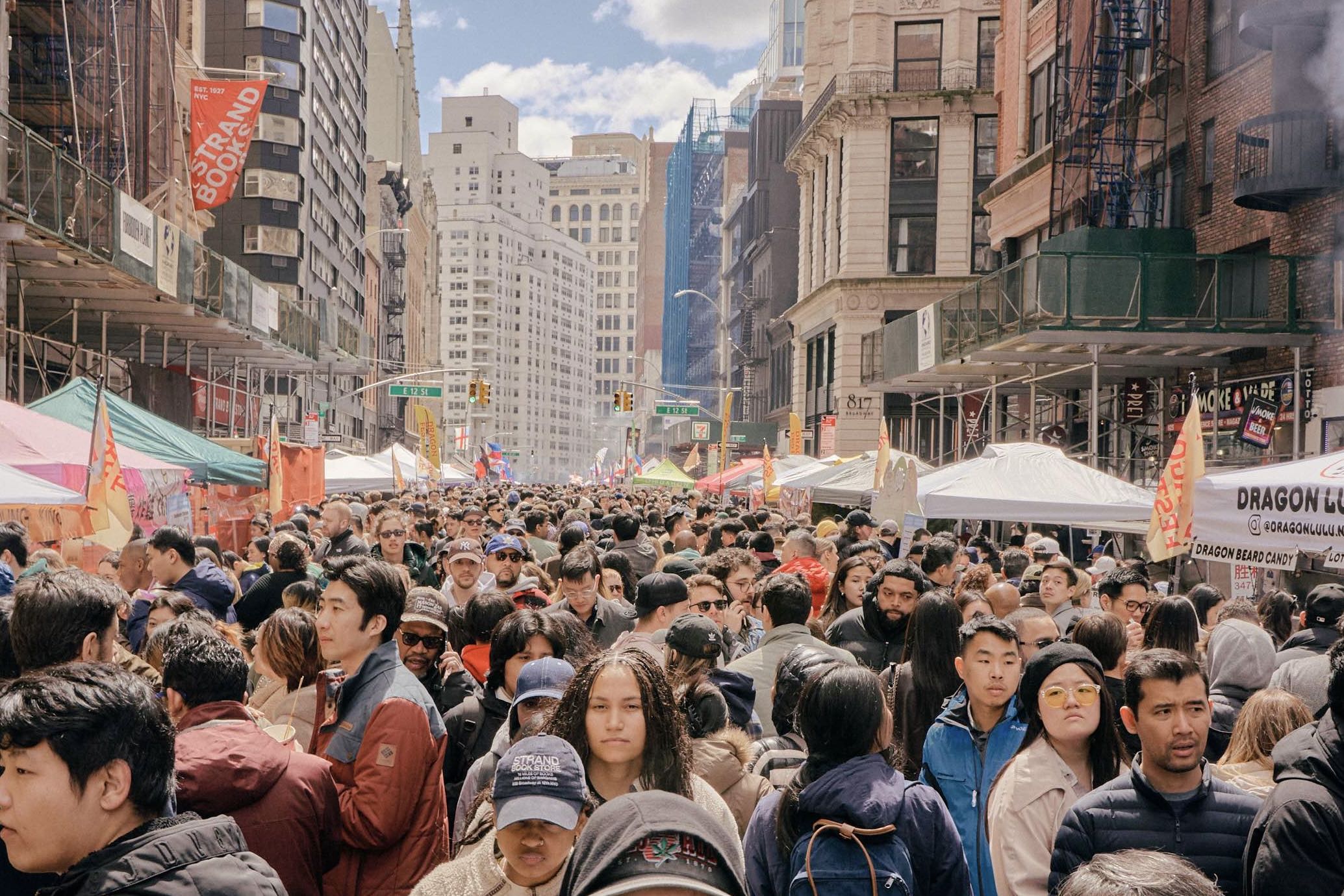When Victor Andrade was growing up in eastern Texas, his father drilled into him the value of self sufficiency: fix your own car, grow your own food, maintain your own house and be proud to support the people you love.
Andrade carried that philosophy to the Bronx, where it slowly crumbled against the reality of low-paying jobs, expensive commutes and health problems.
Now he can’t afford to keep his fiancee and two young children fed.
Last month, Andrade, 31, applied for food stamps and started patronizing a food pantry.
The shame made him weep.
“But my kids mean more to me than my pride,” he said.
Andrade and his family are among an estimated 1.4 million people in New York City—319,000 in the Bronx alone—who have trouble finding enough food, according to an analysis of U.S. Census data by Feeding America, a hunger-relief charity.
They are suffering from what officials call “food insecurity,” a development that was exacerbated by the economic downturn and could get worse under legislation being considered by Congress that would cut billions from the government’s food stamp initiative, the Supplemental Nutrition Assistance Program.
Local
Critics of SNAP say it’s bloated, and that the effect of the cuts has been over-hyped by the media.
But people working on the front lines of the issue in New York say they’re frightened at the possibility that many more struggling New Yorkers, including the working poor and middle class, will find themselves without the resources to feed their families. The strain on their food budgets could cascade into other parts of their lives.
“They’re just looking for a little relief so they can have the flexibility to maintain their households in other ways,” said Daryl Foriest, director of the Food Bank For New York City’s Community Kitchen & Food Pantry in Harlem.
Many of Foriest's clients are working parents who, after paying rent, utility bills, and commuting costs, don’t have enough to fill their cupboards.
The problem, already confined to the shadows of a wealthy city, is probably worse than anyone realizes, because many people are too ashamed to be seen taking food from a charity, Foriest said.
He saw a glimpse of that in the days after Sandy, when dozens of new clients, suddenly unable to earn paychecks, showed up at his doorstep. Some brought suitcases to avoid being seen with the pantry’s signature blue plastic bags.
“After Sandy, people realized how fragile their situation was,” Foriest said.
Andrade was one of them.
A courteous, reserved man, Andrade said that he’d made a decent living selling cell phones at Costco before setting out to New York in 2011 to be with his fiancee, who was pregnant with their daughter and had an 8-year-old son. He found a part-time job at a Costco in New Rochelle—a subway, Metro-North train and 20-minute walk away. But the commute ate about half of his salary. When Sandy hit, and he couldn’t make it to work, he got so desperate that he applied for food stamps and was denied.
Andrade then found a full-time job at an auto body shop, where he said he developed a terrible winter cold and a hernia, perhaps from coughing so much. His doctor told him he was risking serious injury, and expensive surgery. So he resigned, and was unable to find a new job.
His fiancee cleaned houses, but most of her paychecks were spent on daycare for their newborn girl, so she stopped working.
They lived off savings for a while, until they had nothing, not even enough to feed their baby girl milk.
Andrade felt he had no choice but to seek help. He showed up at the Community Kitchen & Food Pantry in May, reapplied for food stamps and was referred to the city’s Workforce 1 job referral program. On a later visit, in early June, he was given loads of groceries and diapers packed in those blue plastic bags.
“We’re now at a point where we don’t know what we’re going to do next,” Andrade said, his eyes moist.
At home, he and his fiancee try to pretend that everything’s normal. When the 8-year-old son asks for something from the ice cream truck, they try to distract him rather than say, "No." But he's smart, and Andrade assumes that he'll soon realize what's going on.
"That's not something I want to teach my kids. I want them to learn to work," Andrade said. "Otherwise, what am I doing as a father?"
He has yet to tell his own father—the man who’d preached self-sufficiency—what has happened.
“I can’t tell him. I don’t want him to worry about it.”
Andrade’s fiancee tries to appeal to that sense of pride and determination. She reminds him that he’s in a city built on hard work.
“You’re a New Yorker now,” she tells him. “You need to figure out how to survive.”
Interactive map: Food insecurity in the tri-state area
View Food Insecurity: Tri-State Area in a larger map
This report was produced as part of a collaboration with InPlainSight.NBCNews.com, TheGrio.com,NBCLatino.com, MSNBC.com, and NBC's owned television stations.



